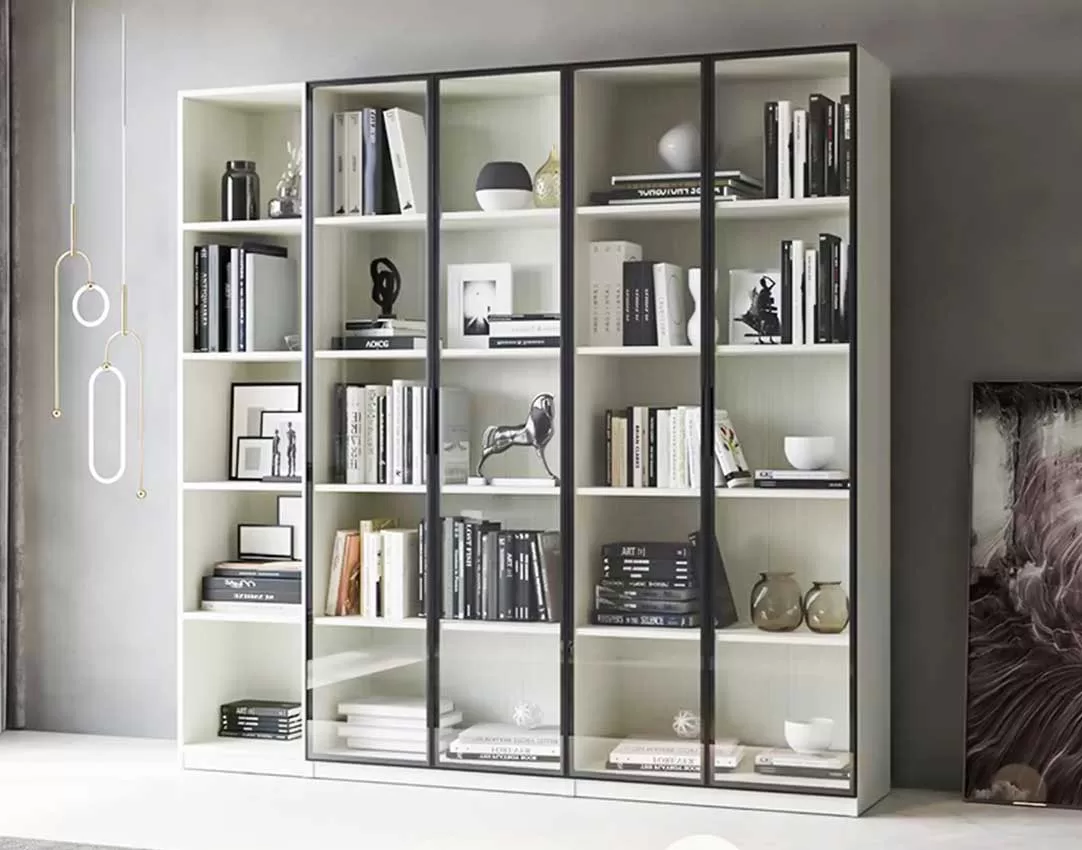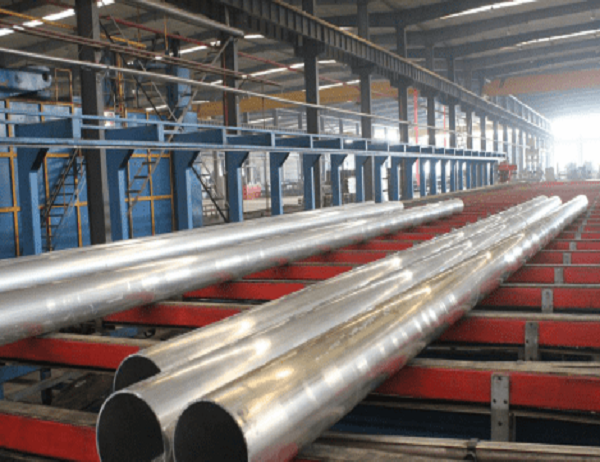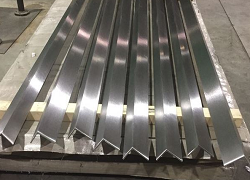8mm aluminum sheets are a popular choice for a variety of applications due to their strength, durability, and versatility. However, how do they compare to other materials? In this article, we will explore the key differences between 8mm aluminum sheets and other commonly used materials, including steel, stainless steel, and plastic.
Strength and Durability
The strength of a material is measured by its yield strength, which is the amount of stress it can withstand before it begins to deform permanently. 8mm aluminum sheets have a yield strength of approximately 100 MPa, which is significantly lower than the yield strength of steel (250 MPa) and stainless steel (500 MPa). However, aluminum is much lighter than steel and stainless steel, so its strength-to-weight ratio is actually higher. This means that 8mm aluminum sheets can be used in applications where weight is a concern, such as in aerospace and automotive applications.
Corrosion Resistance
Aluminum is a highly corrosion-resistant metal, which makes it ideal for use in applications where it will be exposed to moisture or chemicals. 8mm aluminum sheets have a protective oxide layer that forms on their surface, which helps to prevent corrosion. In contrast, steel and stainless steel are both susceptible to corrosion, especially in the presence of moisture or salt. Plastic is also resistant to corrosion, but it is not as strong or durable as aluminum.
Formability
Formability refers to the ability of a material to be bent or shaped without cracking or breaking. 8mm aluminum sheets are highly formable, which makes them ideal for use in applications where complex shapes are required. Steel and stainless steel are also formable, but they are not as flexible as aluminum. Plastic is the most formable of all the materials we have discussed, but it is not as strong or durable as aluminum.
Cost
The cost of a material is an important factor to consider when selecting it for a particular application. 8mm aluminum sheets are more expensive than steel, but they are less expensive than stainless steel. Plastic is the least expensive of all the materials we have discussed.
Applications
8mm aluminum sheets are used in a wide variety of applications, including:
Aerospace
Automotive
Construction
Marine
Food and beverage processing
Chemical processing
Conclusion
8mm aluminum sheets are a versatile and cost-effective material that offers a number of advantages over other materials, including strength, durability, corrosion resistance, formability, and weight. As a result, they are used in a wide range of applications across a variety of industries.



